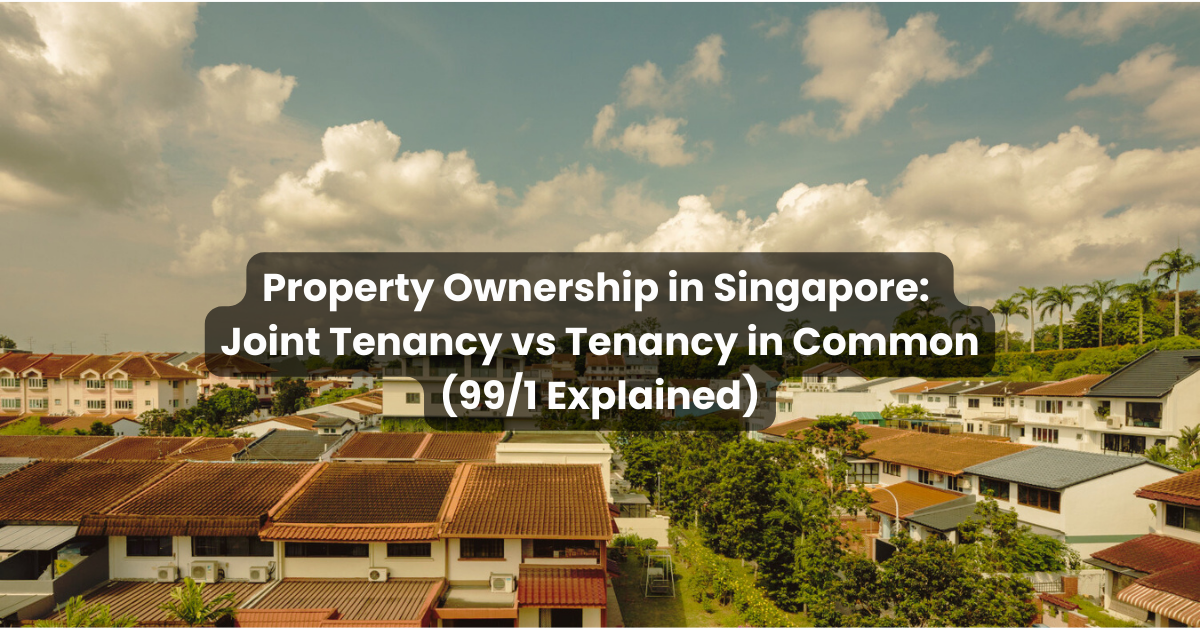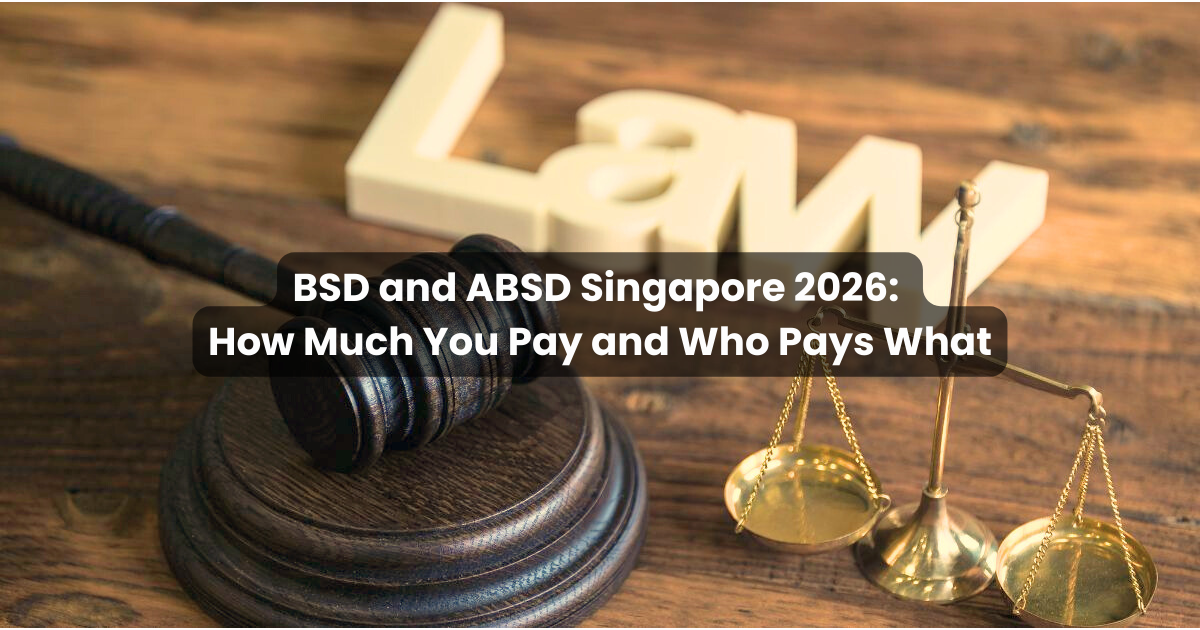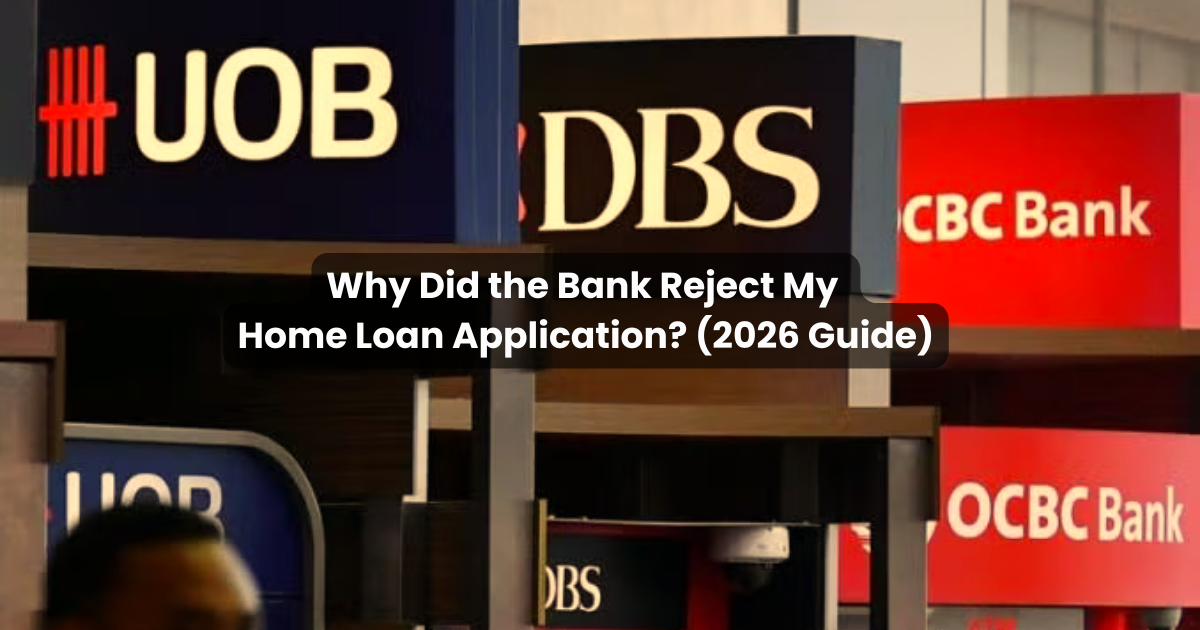- Insights & Updates
Latest News
By Chief Analyst
September 19, 2025When buying a property in Singapore, whether an HDB flat or a private condominium/landed home, buyers must decide on the manner of holding, either as Joint Tenants or Tenants in Common. This choice, though often overlooked, has profound implications on inheritance, succession, and tax planning. It determines what happens to the property upon the death of an owner, and how ownership shares are treated in cases of sale, gifting, or decoupling.
This article explains the key differences, their interaction with the Wills Act, Intestate Succession Act, and practical scenarios such as decoupling through 99/1 ownership structures.
1. HDB: Joint Tenancy vs Tenancy in Common
Joint Tenancy (HDB)
- Definition: Both owners are regarded as owning the entire property together, with no division of shares.
- Right of Survivorship: Upon the death of one owner, the surviving owner automatically inherits the property, regardless of whether a will exists.
- Implication: A will cannot override joint tenancy. Even if one spouse wills the property share to children, the surviving spouse inherits automatically.
Example: Husband and wife own an HDB under joint tenancy. If the husband dies, the wife automatically becomes the sole owner, regardless of any will.
Tenancy in Common (HDB)
- Definition: Each owner holds a distinct share of the property, e.g., 50/50 or 70/30.
- No Right of Survivorship: Upon death, the deceased’s share does not pass automatically to the co-owner. Instead, it follows the Will (if any) or the Intestate Succession Act (if no will).
- Implication: Allows more flexible estate planning.
Example: Parents hold HDB as tenants in common (70/30). The father (70%) passes away. If he leaves a will, his 70% share can be given to his children. Without a will, his 70% is distributed according to the Intestate Succession Act (e.g., spouse and children).
2. Private Property: Joint Tenancy vs Tenancy in Common
The same legal principles apply to private condos or landed property, but with more flexibility since HDB has additional eligibility rules (e.g., income ceiling, family nucleus).
Joint Tenancy (Private Property)
- Ideal for spouses who want simplicity and automatic transfer of ownership.
- Prevents disputes as property automatically goes to the surviving owner.
- However, it overrides wills, so it may not suit complex estate planning.
Tenancy in Common (Private Property)
- More flexible. Ownership can be split in unequal shares (e.g., 99/1, 80/20, 60/40).
- Useful for estate planning, tax considerations, and decoupling strategies.
- Shares are inheritable through a will or intestacy.
3. Will vs Intestate Succession Act vs Joint Tenancy
With a Will (Wills Act)
- Property held under tenancy in common can be passed according to the will.
- Joint tenancy is unaffected; survivorship still applies.
Example:
- Husband & wife own private condo under joint tenancy. Husband’s will states his share goes to children. → Not valid. Property goes to the wife automatically.
- If held as tenancy in common 50/50, husband’s 50% follows his will.
Without a Will (Intestate Succession Act)
- For Muslims → Inheritance follows Muslim law (Faraid), not the Intestate Succession Act.
- For non-Muslims, assets are distributed according to the Act. Example: If a man dies leaving a wife and two children, the property share is split 50% to the wife, 50% to the children (equally).
Example:
- Husband & wife own tenancy in common (70/30). Husband (70%) dies intestate. Wife gets 50% of his share = 35%. Children share the remaining 35%. Wife ends up with 65% total ownership.
Joint Tenancy Override
- Regardless of will or intestacy, survivorship under joint tenancy always applies.
4. Tenancy in Common & Decoupling Strategies
99/1 Split in Tenancy in Common
A 99/1 manner of holding means one party legally owns 99% of the property while the other owns just 1%. Though the split looks extreme, it is a common and strategic structure used by couples in Singapore for decoupling and property investment planning.
- Decoupling Advantage:
If the couple later wants to purchase a second property without incurring the hefty Additional Buyer’s Stamp Duty (ABSD), one owner can “decouple” by transferring their share to the other.
- In a 99/1 split, only the 1% share needs to be transferred, resulting in significantly lower Buyer’s Stamp Duty (BSD) and legal costs.
- In contrast, a 50/50 split would require transferring 50% of the property, which is far more expensive and inefficient.
- In a 99/1 split, only the 1% share needs to be transferred, resulting in significantly lower Buyer’s Stamp Duty (BSD) and legal costs.
- Example:
Husband holds 99% and wife holds 1% of a $1.5 million condo. Later, they decide to decouple so the husband can purchase another property. By transferring only the wife’s 1% share, the costs of BSD are computed based on just 1% of $1.5 million ($15,000) instead of 50% ($750,000) in a 50/50 scenario.
IMPORTANT:
Why 99/1 matters: It is a strategic ownership structure for couples planning to invest in multiple properties while legally minimising ABSD. However, please check in with our advisors to ensure that the procedure complies with Singapore Law.
Do check out our next article on “Whether 99/1 Decoupling is still allowed in Singapore”.
Explore related content by topic
Each path differs in complexity, timing, and financial implications, especially for smaller loans or projects under construction. Understanding which option serves you best can save time, money, and hassle.
What Is an Option to Purchase (OTP) & How to Avoid Losing It in Singapore (2026 Guide)
The Option to Purchase (OTP) is the first legal step in securing an HDB or private property, but many buyers lose their option fee by mistake. This guide explains how HDB and private OTPs work, common reasons for forfeiture, and the essential steps to secure financing and avoid losing your OTP.






